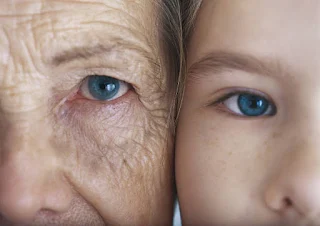Generation gap issues related to sex often stem from differences in attitudes, beliefs, and values between generations. Some common issues include:
1. **Attitudes Toward Sexual Orientation:** Older generations may hold more conservative views on LGBTQ+ issues, while younger generations tend to be more accepting and inclusive.
2. **Sex Education:** The content and approach to sex education have evolved over time. Younger generations may advocate for more comprehensive and inclusive sex education, which can clash with the beliefs of older generations.
- 3. **Technology and Dating Apps:** The use of dating apps and online platforms for sexual encounters is more common among younger generations. This can lead to misunderstandings or concerns among older generations who may not be familiar with these technologies.
4. **Gender Roles:** Attitudes toward traditional gender roles in relationships and sexual dynamics have changed. Younger generations often challenge these traditional norms, leading to disagreements with older generations.
5. **Views on Consent and Boundaries:** Understanding of consent and the importance of clear communication in sexual relationships has evolved. Younger generations may be more vocal about consent and boundaries, which can clash with older, more traditional views.
6. **Pornography:** Access to and consumption of pornography is more prevalent due to the internet. Generational differences may arise in how pornography is perceived and whether it's viewed as harmful or normal.
7. **Body Image and Beauty Standards:** The impact of media and social platforms on body image and beauty standards can be a source of tension. Younger generations often advocate for body positivity and inclusivity.
It's essential to engage in open, respectful, and non-judgmental communication between generations to bridge these gaps and foster understanding. Education, empathy, and a willingness to learn from one another can help address these issues.

